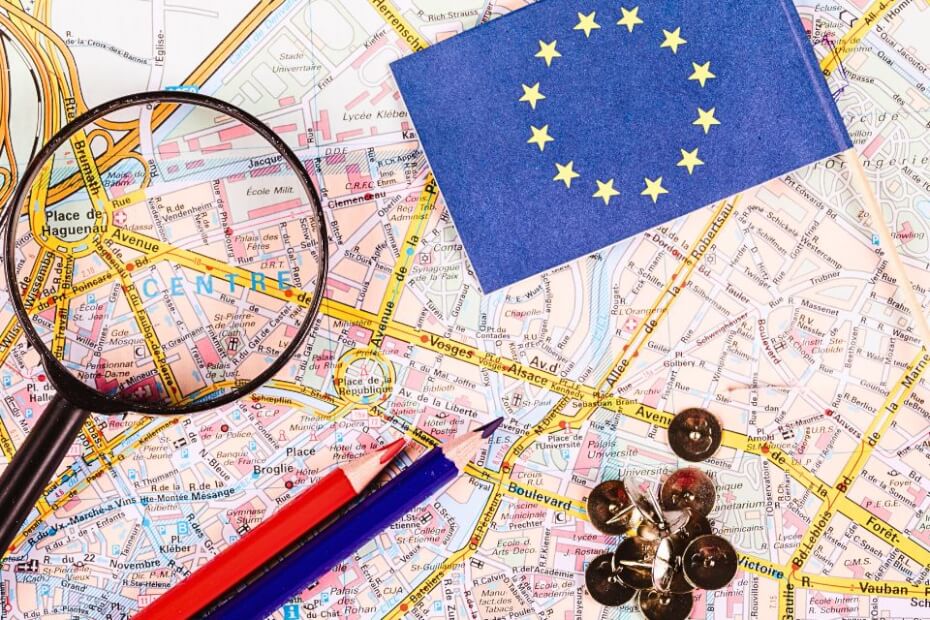
The European Union (EU) Parliament and European Council agreed to amend the EU Borders Code.
The update aims to reduce EU internal border controls within the Schengen Area and protect its freedom of movement.
It also seeks to strengthen external border security during health crises and against illegal migration.
Annelies Verlinden, Belgian Minister of the Interior, Institutional Reform and Democratic Renewal, said in a statement that the agreement will only strengthen the EU’s Schengen Area.
“Hassle-free movement across our internal borders and the security of our external borders are the two cornerstones of the Schengen area,” she said.
The two parties agreed on the provisional agreement on 6 February 2024. It will be sent to Coreper for confirmation.
Coreper stands for the Committee of the Permanent Representatives of the Governments of the Member States to the European Union.
The Coreper and the Commission must officially adopt the agreement before implementing the new rules.
Reducing EU’s internal border controls
The agreement imposes “clear and limited timelines for internal border controls,” said Sylvie Guillaume, rapporteur or EU parliament negotiator.
It also lays out the criteria for EU member states to follow when reintroducing internal border controls.
Member nations can reintroduce internal border controls to prevent unforeseeable serious threats to public policy or internal security.
However, it should only be implemented as a last resort.
Member states must first assess if it is necessary and if alternative measures can achieve the same aims.
These alternative measures include increased police cooperation, intelligence sharing, and joint operations.
The agreement also states that in cases of unforeseeable circumstances, internal border controls should take effect for only up to one month but can last a maximum of three months.
Still, internal border controls may remain in place for up to six months and a maximum of two years.
This will only be allowed for foreseeable threats reported to the Commission, Parliament, and other member states beforehand.
Member states may also enforce internal border controls for six months beyond the two years.
EU member states can renew them once yearly to combat persistent national security threats.
Strengthening EU’s external border security
The agreement also introduced measures and procedures for EU member states in case of health crises and future pandemics.
It allows the EU to approve temporary health-related travel restrictions at the external border, including testing, quarantine, and self-isolation.
Still, those entitled to free movement within the EU, long-term residents, and beneficiaries of international protection will be exempt from entry restrictions.
The amendment builds on the learnings during the COVID-19 pandemic. At that time, the EU could only issue recommendations to member states, which they may or may not choose to follow.
The new border code also presents measures against the use of migrants as instruments of dissent and destabilization.
The EU will limit border crossing points or reduce their operating hours.
The agreement also introduced transfer procedures for arrested illegal third-country nationals back to the state they arrived from.
However, the arrest of illegal migrants should still be within the context of a bilateral cooperation agreement.
EU-UK cooperation against illegal immigration
The EU and UK are set to formalize a new cooperation agreement to combat illegal migration.
Since it left the bloc in 2020, the UK has not had a returns agreement with the EU.
The new deal would involve sharing information on groups involved in illegal migration and collaborating on technologies to prevent human trafficking.
It would also seek the same aims of the EU and the UK’s new digital travel permit systems in preventing illegal migration.
The UK’s Electronic Travel Authorization (ETA) is now operational for Gulf travelers visiting the UK.
The UK ETA will soon be required for all non-visa-nationals traveling to the UK. This includes EU citizens.
On the other hand, UK citizens and third-country nationals must apply for an ETIAS to enter the Schengen Area.
ETIAS stands for European Travel Information and Authorization System, which will roll out by mid-2025.

